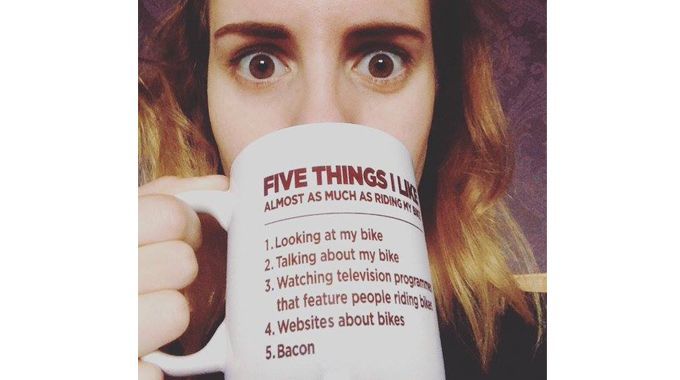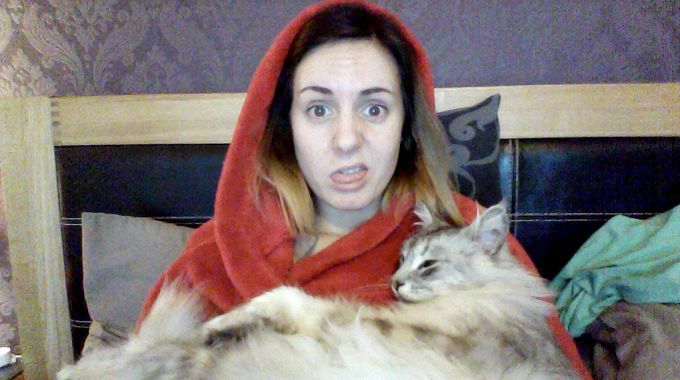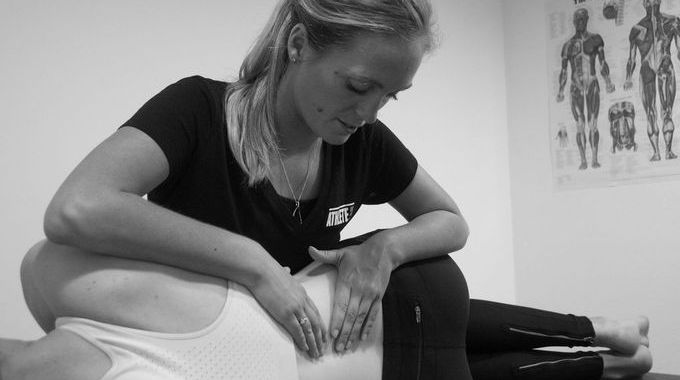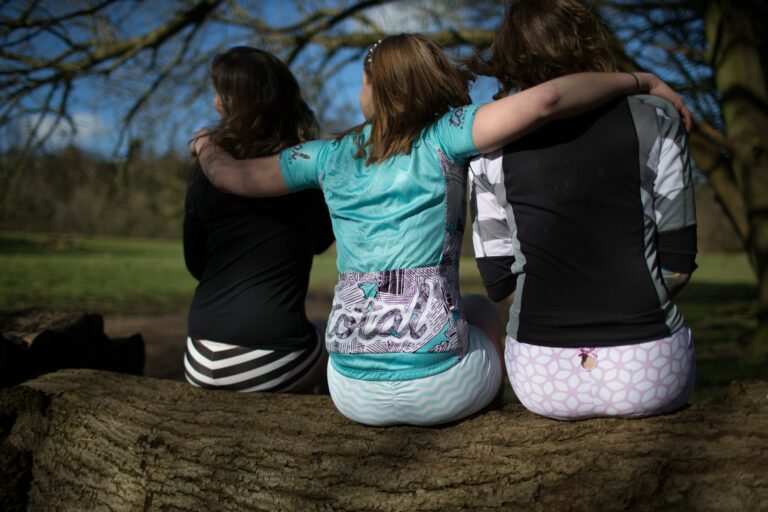Sugar is hard to avoid, even in small doses as it’s used as an additive in a great deal of foods and drinks to improve the taste. Recently, the white stuff has become a hot topic health debate which frequently appears across news headlines detailing the adverse affects it’s having on our population.
This sweet poison hides behind many names: sucrose, glucose, fructose, maltose, fruit juice, molasses, hydrolysed starch, syrup, honey. Sadly yes, honey and fruit juices are among the sugary culprits.

Being a sweets, cake and biscuit fiend my whole life, I’ve found my sugar tolerances have changed as I’ve got older. Once I hit my mid-twenties, it became increasingly difficult to eat my usual whole pack of biscuits in one sitting, and not feel physically ill after.
I began to see a trend in my moods and my energy levels before and after consuming sugar, and knowing the increasing health risks that can develop, I decided to do something about it. And document the journey for your reading pleasure.
First, here’s a look at the effect sugar actually has on us…
Sugar and the Body
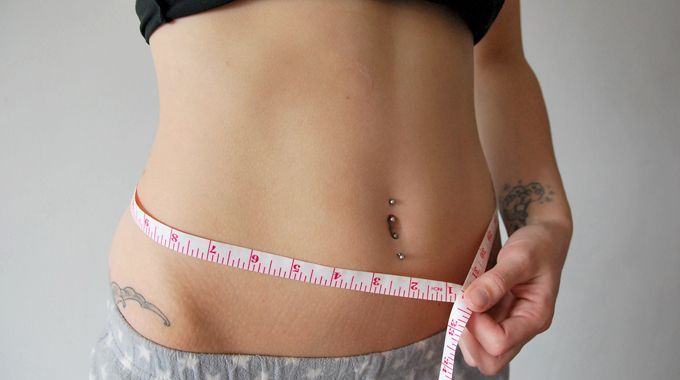
There have been numerous studies exploring the affects of sugar on our bodies.
As adults, we shouldn’t consume more than 30g of “free sugars” per day. Free sugars are those which are added to foods and drinks to make them taste better. Additional sugars like these are just more calories that we don’t need. By consuming more calories than we can burn off, excess sugar consumption leads to weight gain and makes us more susceptible to developing heart disease and type 2 diabetes later in life.
Sugar contributes to tooth decay, especially in children, but adults can suffer just as much. Snacking on sugary foods between meals, like biscuits and all the yummy things, leaves a sugar residue in contact with the teeth which can cause cavities.
Fruit contains a lot of natural sugars which are great. Eating them as a whole keeps these sugars contained, but when you juice the fruits for a drink, the sugars are released which is actually worse for you, and your chompers.



